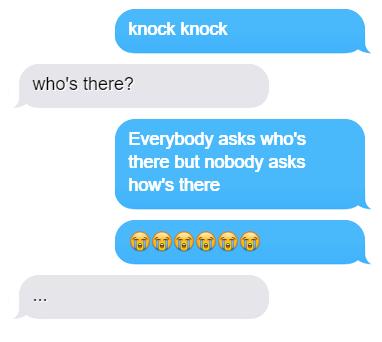It wasn’t until the outset of the pandemic that Sarah O’Dell fully awakened to the allure of the group chat. Stuck at home in Redding, Conn., with her husband and two children, she came to see how a nonstop conversation on her phone could provide welcome distraction, exchange of information and social support.
When her husband had a stroke, in early 2020, the six members of a trusted text chain that had formed before the pandemic “were checking in every few minutes.” Her husband quickly recovered, and the conversation carried on, gaining momentum as it dawned on the participants that it would be a while before they got together again.

The group discussed books and movies, and delved into deep talks at all hours of the night. They traded fears about their parents’ death and notes on sightings of weirdos in the neighborhood. “You feel like comedy-writing partners in a good group text,” Ms. O’Dell said.
Or she used to, anyway. The jokes and neighborhood gossip have been coming in at an unsatisfying pace over the past six months, as pandemic fatigue has set in. “I experience a pang when it gets slow,” said Ms. O’Dell, 45, a content manager. “I panic and think: Is this the end?”









